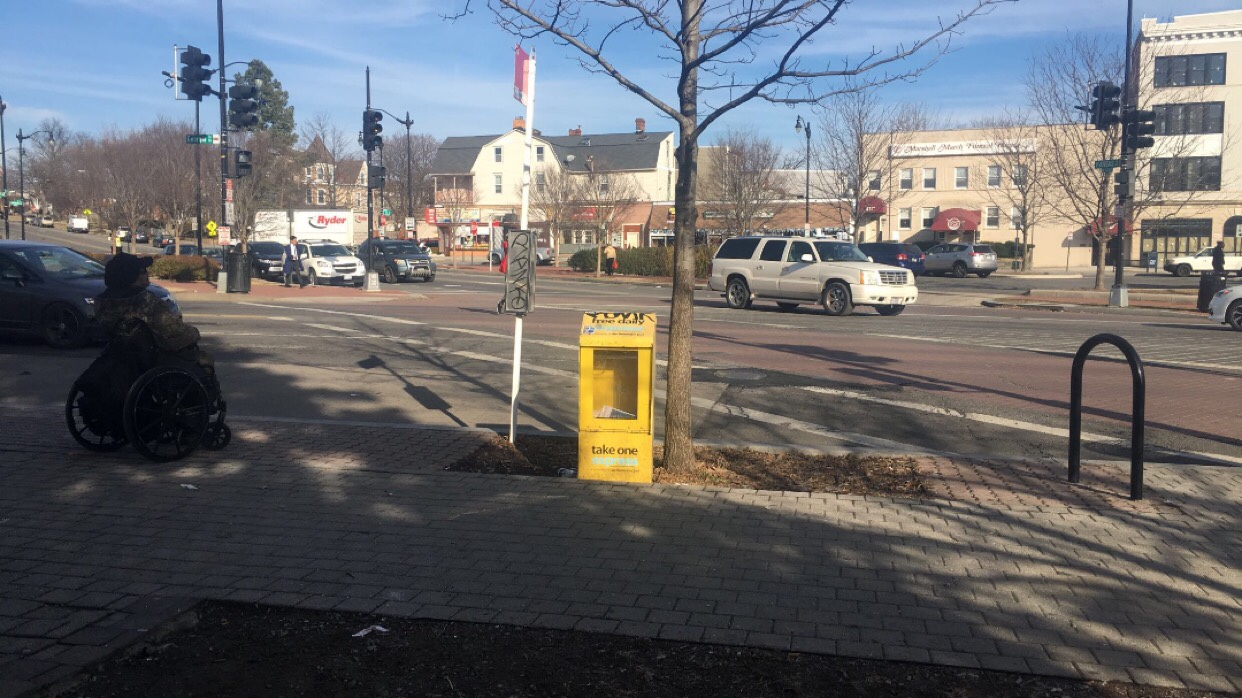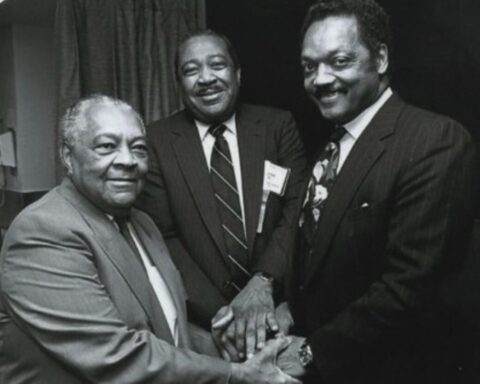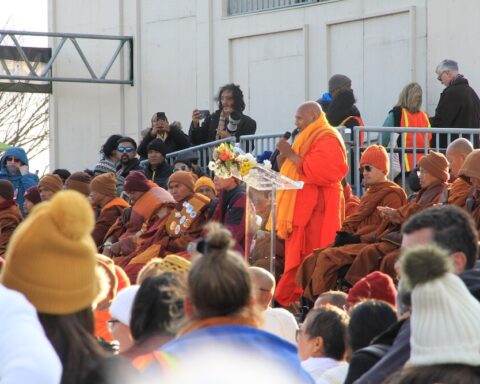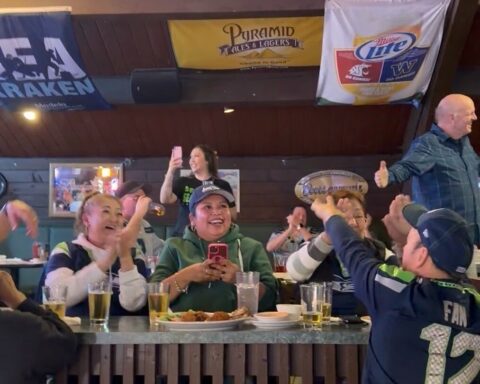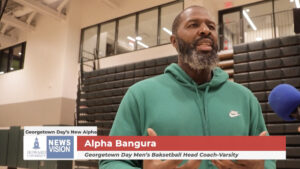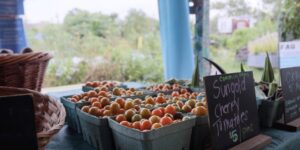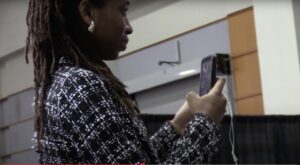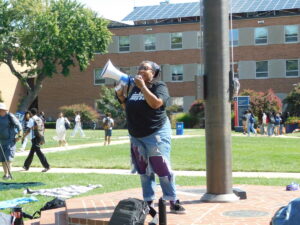WASHINGTON – Ms. Thelma, a 79-year-old widow, smiled toothlessly as she exited the small, warm office calling, “See you tomorrow, my love” to David, her favorite receptionist. She’s no longer alone.
The Georgia-Avenue Family Support Collaborative (GAFSC) has three locations in D.C., all dedicated to special populations exclusively in Ward 4. Their aim, passionately detailed by executive director Karen Feinstein, is to “serve families, caretakers, children and youth [with] a solution-focused approach.” Family support, teen suicide prevention, child abuse, and neglect prevention, the list of programs offered to the community goes on as staff within the collaboration work together tirelessly to assist those in need.
The collaboration is a partnership between organizations within the community, government agencies, and others to provide resources to residents in Ward 4. It combines the efforts of Goodwill Industries, DC Children’s Trust Fund, Transitional Housing Corporation, and thirteen other organizations to create an environment that refuses to give up on any member of the community that expresses a need. In addition to family support, the Collaborative addresses issues in local schools by servicing youth; providing them with the mentorship and guidance that will steer them through their most pivotal years. No matter goes unaddressed, and with more severe issues, the Collaboration ensures that families are connected to appropriate professional care.
Ward 4 is the northernmost ward in the District of Columbia. Known for its “park-like ambiance” and middle-income residential communities, the area has recently seen a trend of growing businesses and younger individuals seeking nightlife thrills and new opportunities. With $47,737 per capita income (1.5 times the national average), 11.2% of Ward 4’s population falls below the poverty line according to online Census Reporter.
Ms. Thelma, with her broad smile and sensitive disposition, is one of the hundreds of recipients of the center’s help- and has been since 1998, when it began. Her story chronicles her relief from homelessness, continued assistance through food services, and her membership to a program that supports mental health. Having lost her husband, then her home, she found herself alone until she entered the program, immediately receiving the help she needed to keep her on her feet. Today she continues to collect food distributions from the Allison Street location and lives an active “happy, healthy life at last” at a Senior Wellness Center down Kennedy Street.
“My husband was all I had so when he was gone, [Georgia-Avenue Family Support Collaborative] showed me some love. All of a sudden, I didn’t have to worry about no meals, they found me a good, good place to stay, and I had good people there when I needed them…”
In alignment with the Collaboration’s initiatives is Councilmember Brandon Todd (D), representative, and advocate for Ward 4 residents. As longtime residents in the ward have seen a gradual shift in the community, Todd has made clear his dedication to supporting everyone in his community, taking a special initiative with the lower income population.
“Ward 4’s progress and investments continue unimpeded as we look to meet the critical needs of our growing and diverse neighborhoods,” Todd proclaimed. By the end of 2018, he initiated or completed 1,200 new affordable housing units. He dedicated $225,000 for the Isolated Senior Outreach Program and $4.5 million to expand the Safe at Home Program to support seniors. On top of the money he has set aside for his initiatives, Todd uses the annual oversight process as an “accountability mechanism” that keeps the citizens involved in his ambition.
The opportunities created and doors opened by the Georgia-Avenue Family Support Collaboration and Todd are just some of the many ways that everyone feels a part of the success of Ward 4. “Each family we see is unique,” says Ms. Feinstein. “Whether a family is referred by a government agency or local organization or comes to the Collaborative on their own, we listen carefully to what brought each family to our door. Based on their current situation and future goals, we help them develop a plan of action.”
This systematic approach that maintains every part of the growing community is how its representatives advance to the future with no man left behind. Ms. Thelma, who never in her life lived outside D.C. says it best: “They’ll have your back too no matter what you need, baby. Just come, you’ll see.”

